Social Science researchers have been taking on COVID-19 head on. From conducting surveys to developing tracking apps, here are just a few ways that UC Santa Cruz is planning to change the trajectory of this global pandemic.
Jump to the COVID-19 Video Library >>
COVID’s Co-Pathogenesis
Syndemic Magazine featured an article by Matt Sparke, Professor of Politics at UC Santa Cruz and Lucia Vitale, Politics PhD. Student on COVID’s co-pathogenesis.
As COVID Precautions Drop, Black Americans Remain More Affected — and More Concerned
A Capital B article on how the pandemic is affecting Black Americans across the country featured research from Assistant Professor of Sociology Alicia Riley.
National award recognizes economics professor’s research for revealing outsized pandemic impacts on minority-owned businesses
Economics Professor Robert Fairlie recently received the Bradford-Osborne Research Award for a paper he released in August 2020 that showed minority-owned businesses were affected by pandemic-related closures at higher rates.
Competing responses to global inequalities in access to COVID vaccines: Vaccine Diplomacy and Vaccine Charity Versus Vaccine Liberty
The Clinical Infectious Disease Journal featured an article co-authored by Professor of Politics, Matthew Sparke and former UCSC Politics and Feminist Students double major, Orly Levy’s article on COVID-19 vaccine apartheid.

COVID-19 breakthrough infections may be more serious in communities of color, researchers warn
Assistant Professor of Sociology Alicia Riley is quoted in an article for The Dallas Morning News on her research on COVID-19 breakthrough cases in communities of color.
UCSC professor reflects on the profile of the COVID-19 victims
Assistant Professor of Sociology Alicia Riley was interviewed by the Santa Cruz Sentinel on the disparities that have shaped the COVID-19 pandemic and its mortality.
Excess mortality among Latino people in California during the COVID-19 pandemic
Assistant Professor of Sociology Alicia Riley coauthored an article for Population Health on the disproportionate mortality rates of Latinos in California, especially those in essential occupations, during the COVID-19 pandemic.
The pandemic saw a boom in new Black-owned businesses — the largest surge in the last quarter-century
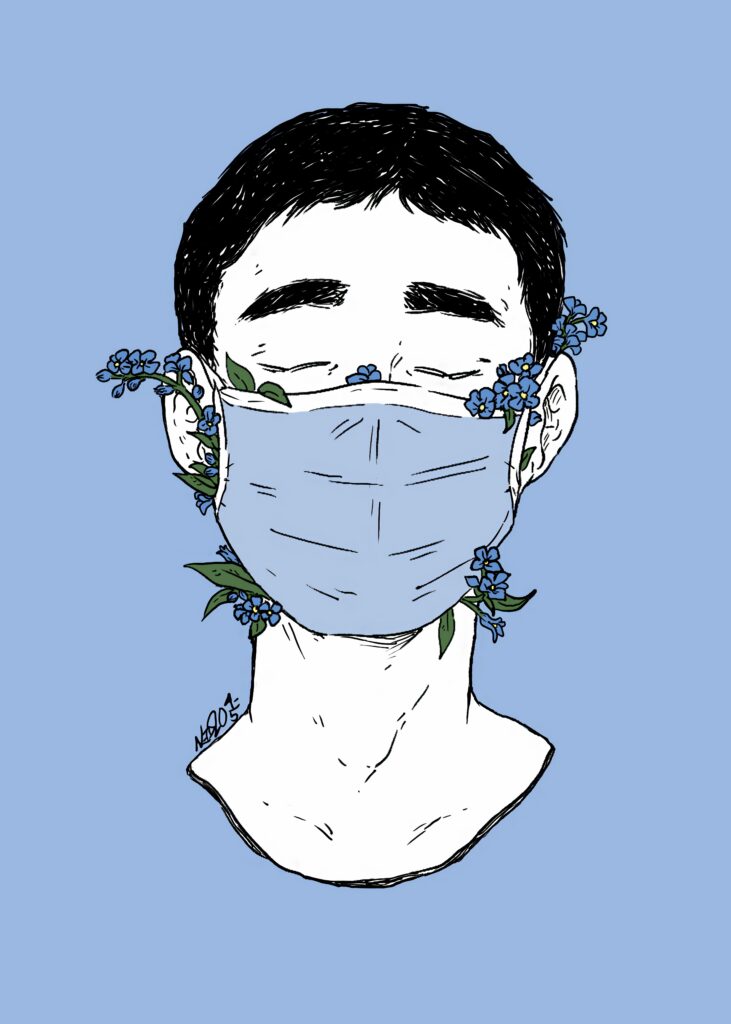
The Los Angeles Times discussed research by Economics Professor Rob Fairlie that shows how the pandemic has affected trends in Black entrepreneurship.
How COVID-19 Challenged Us to Rewrite Our Life Stories
Psychology Professor Phil Hammack wrote an article for Psychology Today about the types of personal growth people may have undergone during the pandemic.
Small Businesses Have Surged in Black Communities. Was It the Stimulus?
Economics Professor Rob Fairlie spoke with The New York Times about how unemployment has influenced entrepreneurship trends in the wake of the pandemic.
Faculty experts share pandemic-era lessons for the future of K-12 education
UC Santa Cruz researchers who have studied the pandemic’s impact on K-12 education share lessons they hope will be remembered for the future.
In Vermont, Isolating Inmates Kept Covid at Bay, but at a Price
Craig Haney, a professor of psychology, discusses with The New York Times the strict lockdowns and quarantines in the Vermont state prison system.
An ‘insane’ covid lockdown two miles from the Capitol, with no end in sight
Psychology Professor Craig Haney spoke with The Washington Post about the effects of pandemic lockdown conditions at the Washington D.C. jail.
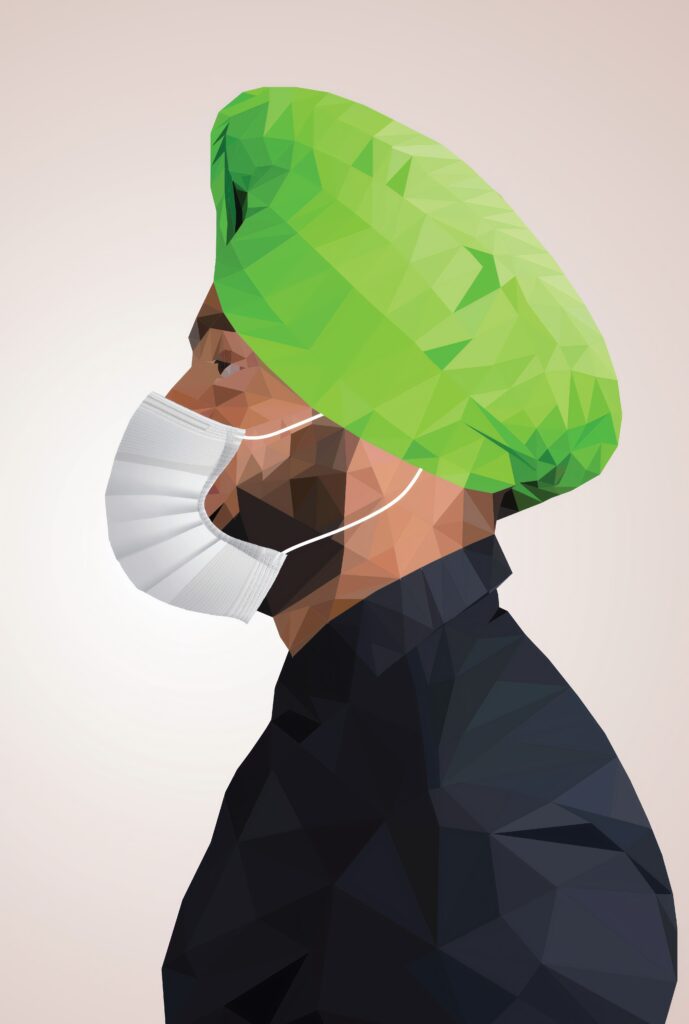
9 million U.S. small businesses fear they won’t survive pandemic
CBS Moneywatch quoted Economics Professor Rob Fairlie’s recent testimony before the House Committee on Small Business and shared his updated numbers on small business ownership rates through the end of 2020.
In lockdown, ‘weak-tie’ friendships are the ones we’re really missing most
Psychology Ph.D. student Andrew Guydish was quoted in The Telegraph discussing his research on “conversation reciprocity.”
Amid a health and economic crisis, some local grocery stores offload their delivery drivers
Los Angeles Magazine interviewed Sociology Professor Chris Benner about his new research documenting the rise of gig work within the grocery industry during the pandemic.
Teachers’ Work in the Context of COVID-19
Lora Bartlett, associate professor of education, along with multiple UCSC graduate students were part of a dedicated team of educational researchers is studying how COVID-19 has influenced teachers’ work, experience, and the implications for the teaching profession.
Some California jobs lost to COVID will never be the same. Here’s what experts say
The Sacramento Bee launched a new series on the future of work in California, and the first article included professor Chris Benner’s insights on how the rise of gig work is affecting job quality in sectors like grocery retail as the pandemic fuels e-commerce.
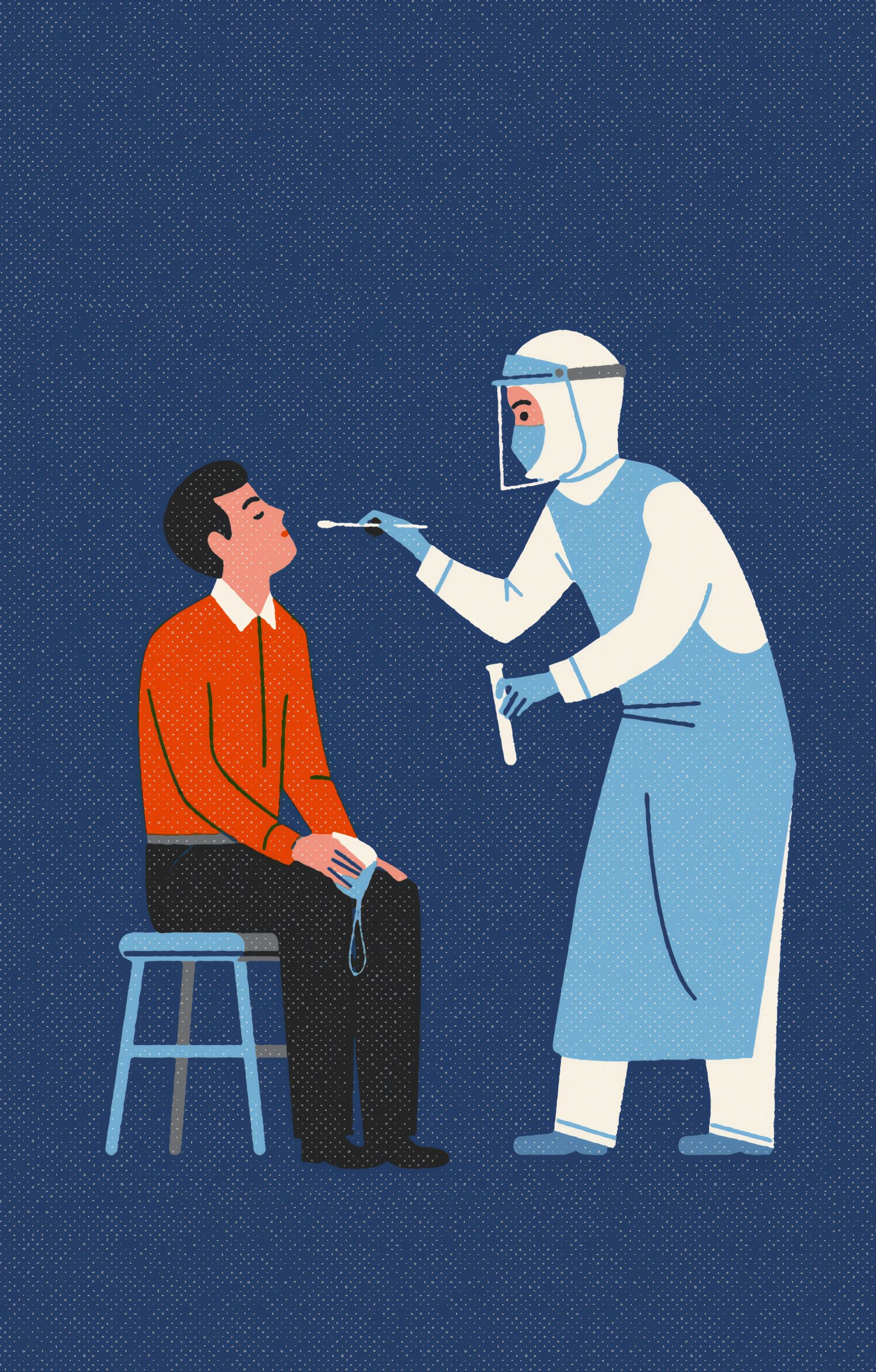
Minority-owned businesses struggle to access credit during pandemic, Fed survey finds
Reuters cited research by Economics Professor Rob Fairlie documenting inequalities in the distribution of loans through the Paycheck Protection Program.
Talking about Chronic Illness, Care, and COVID: An Evening with Jennifer Brea and Megan Moodie
As the numbers of the chronically ill grow rapidly worldwide due to what is being called “long Covid,” there is much to be learned from the experience of those who were grappling with the effects of difficult-to-diagnose, understudied, and invisibilized diseases long before the appearance of the novel coronavirus.
University Forum Suddenly Distant and Still in Flux: Implications of COVID-19 for K12 Teachers’ Work
The COVID 19 pandemic forced the entire teacher workforce into distance teaching essentially overnight. Though a short-term crisis, the longevity of this pandemic is changing the context of teachers’ work in ways that are affecting the very nature of teachers’ work and the structure of K-12 schooling.
Gender and the COVID-19 Labor Market Downturn
Economics Professor Robert Fairle’s research was cited in Stanford Institute for Economic Policy Research (SIEPR) Working Paper series on whether COVID-19 has disproportionately affected women relative to men, possibly reversing gains made in the labor market.
Learning through Pandemics & Racial Reform: Spotlight on Middle School Teacher Kenia Goicochea, recent UCSC Grad
The Santa Cruz Museum of Art and History conducted an interview with Middle School English Language Arts Teacher, Kenia Goicochea, about her experience as a first-year teacher and her transition to distance learning during times of pandemics, online learning, and calls for social justice reform.

Prisons’ pandemic response: throw the infected into the hole
Psychology professor Craig Haney was quoted discussing the adverse psychological and health effects of solitary confinement in an article by The American Prospect.
U.S. Black-Owned Firms Make Surprise Comeback to Pre-Covid Level
Black-owned businesses, dealt a crippling blow in the first months of the COVID-19 crisis, have rebounded to their pre-pandemic numbers, according to research based on U.S. Census Bureau data collected by Economics Professor Robert Fairlie.
We’re All Socially Awkward Now
Psychology Professor Craig Haney was quoted in a New York Times article about the lasting effects of isolation happening during COVID-19.
The Effect of COVID-19 on CO2 Emissions
Economics Professor Galina Hale wrote an article in Econofact about recession-related reductions in CO2 emissions are not going to have a measurable impact on the CO2 concentration in the atmosphere — the driver of climate change.
Protecting vulnerable children and families during the pandemic
Developmental psychologist Margarita Azmitia contributes to “rapid response” policy brief effort to track the impacts of the coronavirus pandemic on low-income families, children, and people of color.
Peru: Coronavirus spreads despite strict and early measures
Economist Kristian Lopez Vargas was featured in CNN’s coverage of the coronavirus pandemic in Peru.

Number of working black business owners falls 40 percent, far more than other groups amid coronavirus
The Washington Post reported new findings by economist Rob Fairlie about the impact of the coronavirus pandemic on black-owned businesses.
New Wave Of Entrepreneurs Overcomes Crisis Economy
University of California, Santa Cruz economics professor Robert Fairlie was cited on Forbes describing the phenomenon of “necessity entrepreneurship” during economic instability.
Coronavirus Makes Juvenile Jails Look Like Adult Prisons
Psychology Professor Craig Haney was quoted in a Ms. magazine article about the conditions facing incarcerated juveniles around the country since the outbreak of the coronavirus pandemic.
Fear sent her Chinatown restaurant spiraling. The challenges to reopening feel ‘just impossible.’
Research by economist Robert Fairlie was cited in a Washington Post article about the impact of the coronavirus pandemic on Asian-owned businesses.
Discrimination, governance, and trust in the age of COVID-19
Jenny Reardon, the director of the Science and Justice Research Center at UC Santa Cruz and a leading scholar of genomics and medical ethics, said the pandemic has been “decades in the making,” rooted in profound ecological disturbance and climate change, as well as the gutting of public health infrastructure and—public governance itself—amidst the ravages of “hyper-capitalism.”
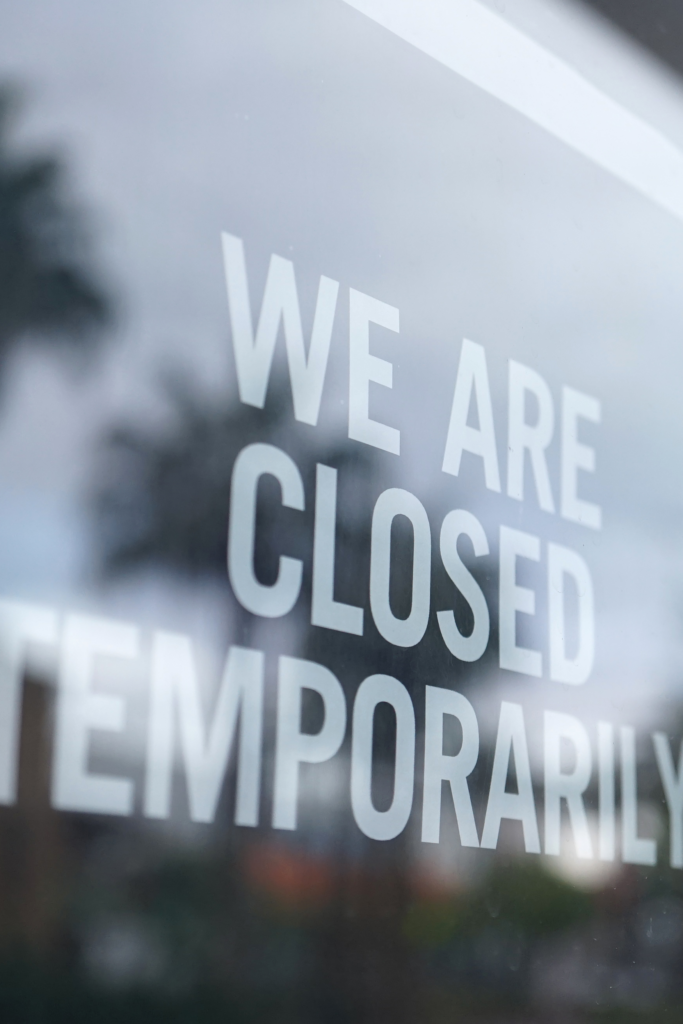
Coronavirus job losses stack up, and California gig workers’ claims may come next
Sociology professor Chris Benner released preliminary results of an online survey of gig workers displaced by the pandemic, and the findings were covered by the San Francisco Chronicle.
Economist helps build “contact tracing” app for Peru
Kristian López Vargas, professor of economics, worked around the clock with academics, the government, and technology companies to develop the phone-based app to improve “contact tracing” to protect people from COVID-19.
Scaling Economic Solidarity: The Pandemic, Nonprofits, and Power
Chris Benner, professor of environmental studies and sociology, explores how the COVID-19 pandemic has shown how a disease can reveal an underlying sickness—and in America, that means our failure to provide universal health care, our marginalization of immigrants and others, and our devaluation of the caring work that makes lives possible.
Home vegetable gardens surge in light of the pandemic
Orin Martin, manager of the Alan Chadwick Garden at UCSC, is delighted that people are responding to the coronavirus pandemic with a desire to grow their own veggies, and he has lots of knowledge to share—as well as one plea: Be sure to plant some flowers, too.
In China’s War on the Coronavirus, a Community Is Besieged
Politics Professor Ben Read was quoted in a New York Times story about a suburb of Wuhan, China, that has been besieged by the coronavirus.
How Political Science Explains Countries’ Reactions to COVID-19
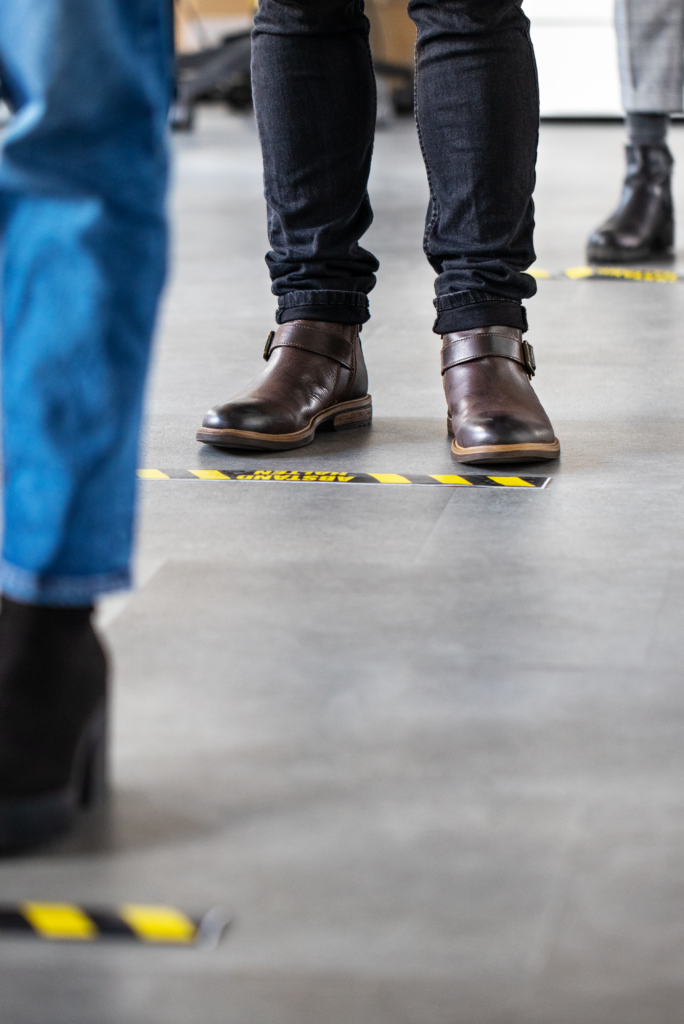
Sara Niedzwiecki, assistant professor of politics, coauthored an analysis for Americas Quarterly of how Argentina, Brazil, and Mexico have responded to the COVID-19 pandemic.
The black-white economic divide is as wide as it was in 1968
Research by Economics Professor Rob Fairlie was featured in a Washington Post story about the wealth gap between black and white Americans, which is as wide today as it was in 1968.
These Are the Impacts of Trump’s Coronavirus Fumbles—and How to Protect Yourself
Sociology Professor Jenny Reardon was one of many experts quoted in an article by Vice News about the Trump administration’s failures as it attempts to address the coronavirus crisis.
Let’s hail the heroes of higher ed’s pandemic-inspired shift into the modern age
Jody Greene, director of the Center for Innovations in Teaching and Learning, penned a commentary for EdSource about the behind-the-scenes teams of employees that are making the delivery of remote education possible.
Solidarity Economics—for the Coronavirus Crisis and Beyond
Sociology professor Chris Benner, director of the Institute for Social Transformation, coauthored an opinion piece for American Prospect about “solidarity economics,” or the refashioning of our economy and society to protect the common good, which he describes as “the right thing to do for both public and economic health.”
Contagion, lies, and crises
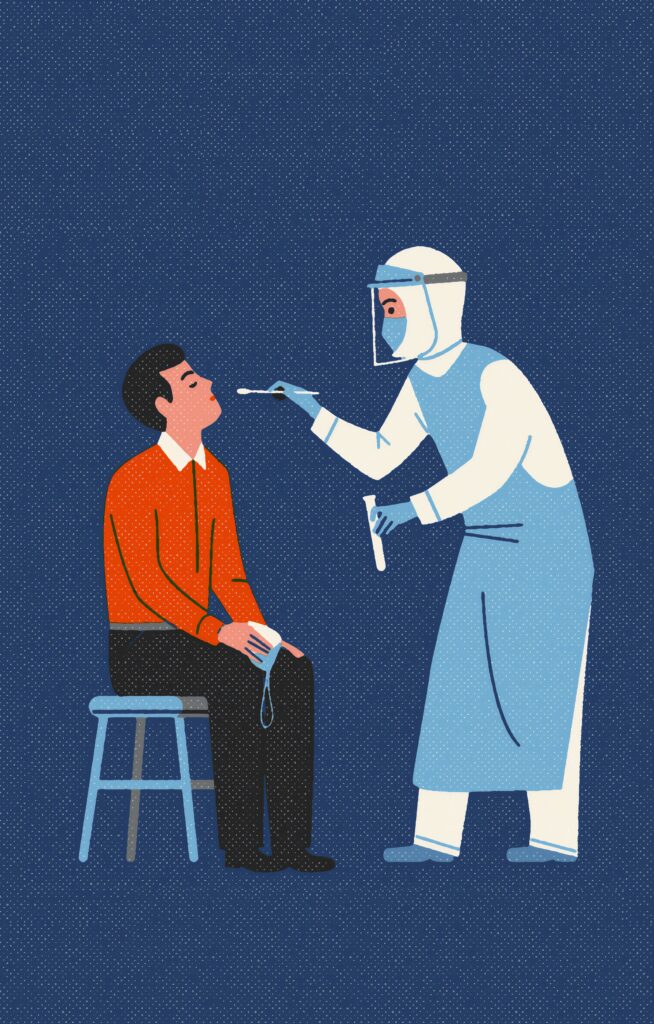
Professor of economics Nirvikar Singh penned an opinion piece for Financial Express about the economic impacts of the coronavirus crisis, and how they compare to the financial crisis of 2008.
Coronavirus NJ: Ex-prisoners can teach us about isolation; ‘You’ve got to remain positive’
Distinguished Professor of Psychology Craig Haney was quoted in an Ashbury Park Press article about what we can learn about the challenges of social distancing from inmates who have experienced solitary confinement.
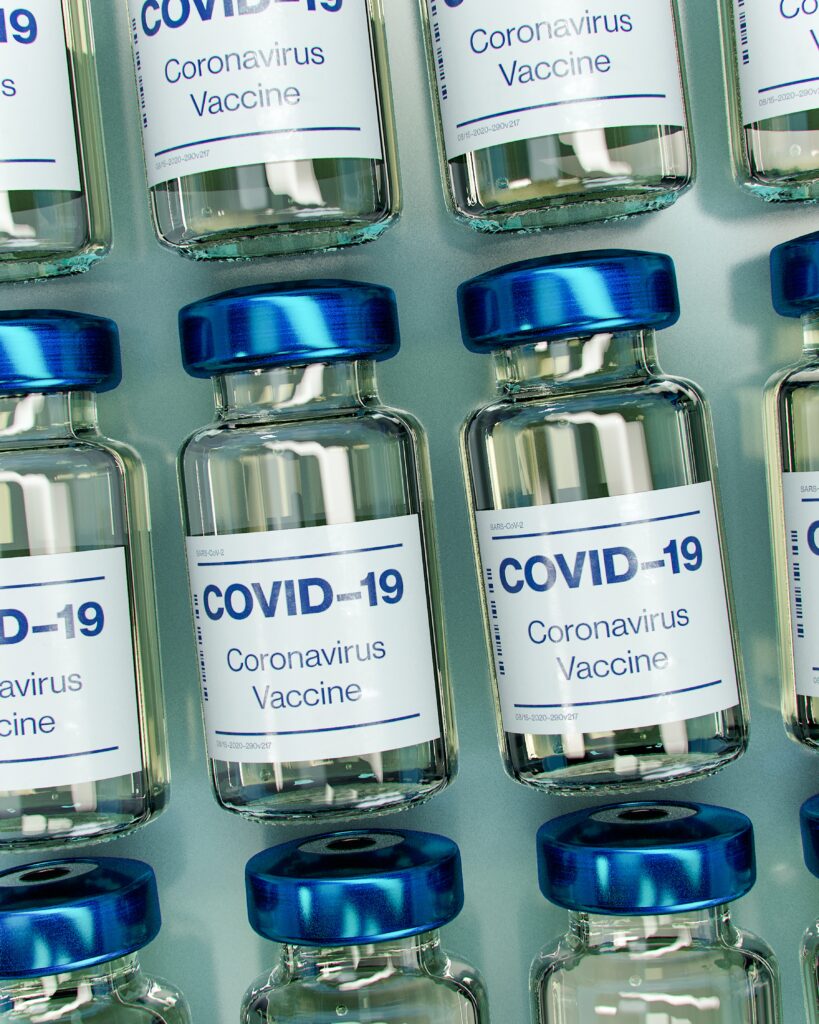
COVID-19 has turned deadlier for Black Californians, who have the state’s lowest vaccination rate
Assistant Professor of Sociology Alicia Riley, who’s a core faculty member in Global and Community Health, spoke with CalMatters about California’s COVID-19 mortality trends in the age of vaccines.
Disturbing COVID data is a call to action, UC Santa Cruz professor says
The Santa Cruz Sentinel covered trends in COVID-19 mortality among middle-aged Black Californians documented in research by Assistant Professor of Sociology Alicia Riley.
Demographic shift: White Californians accounted for more COVID deaths in 2021
The Sacramento Bee covered new research on changing demographic trends in COVID-19 mortality led by Assistant Professor of Sociology and Global & Community Health Program core faculty member Alicia Riley. This story was also shared in The Seattle Times.
Neoliberal disease: COVID-19, co-pathogenesis and global health insecurities
Professor of Politics at UC Santa Cruz, Matt Sparke and Owain David Williams, from the School of Politics and International Studies at University of Leeds published this article in Environment and Planning A: Economy and Space.

Why are so few people in the Bay Area getting COVID booster shots?
San Francisco Chronicle interviewed Assistant Professor of Sociology Alicia Riley about trends in uptake for COVID-19 vaccine booster shots.
This Study of COVID Deaths Among Ethnic Groups May Surprise You
Los Angeles Magazine covered new research on COVID-19 mortality trends by Assistant Professor of Sociology Alicia Riley, who is also a core faculty member in UCSC’s Global & Community Health Program.
Equity gaps in COVID-19 deaths closed for some racial and ethnic groups, widened for others during vaccine rollout in California
New research from UC Santa Cruz, Stanford University, and UC San Francisco shows how racial and ethnic disparities in COVID-19 deaths across California changed as the rollout process for vaccines began.
Prepped to fail: why countries must learn hard lessons from Covid
Assistant Professor of Sociology Alicia Riley coauthored an Professor of Politics Matt Sparke, who is executive director of UC Santa Cruz’s Global and Community Health program, coauthored a commentary for The Telegraph on the public health lessons countries must learn from the pandemic.

Virtual Trust: Building Confidence at a Distance
Digital Fieldwork article by Lucia Vitale, UC Santa Cruz Ph.D. student in politics, about how researchers are dealing with building and maintaining trusting relationships virtually during a pandemic.
Cash for shots? Studies suggest payouts improve vaccination rates
Science Magazine interviewed Assistant Professor of Economics Jeremy West about his new working paper on the effects of Ohio’s vaccine lottery.
What We Learned About Teachers During the Pandemic: A Series
An Education Week series of essays by Professor Lora Bartlett who conducted an in-depth study of public school teachers’ work during the pandemic called, Suddenly Distant: Teachers’ Work in the Context of COVID-19. The series depicts how teachers coped during an unprecedented disruption to education, but it also explores what those 16 months mean for the future of teaching.
Black entrepreneurship took off during COVID. The reasons aren’t all good
A Miami Herald article discussed research by Economics Professor Rob Fairlie on trends in Black entrepreneurship since the start of the pandemic.
Asian-American businesses suffer outsized pandemic toll
Reuters cited research by Economics Professor Rob Fairlie in an article about the pandemic’s disproportionate impact on Asian-American business owners.
One year later: How COVID killed small businesses
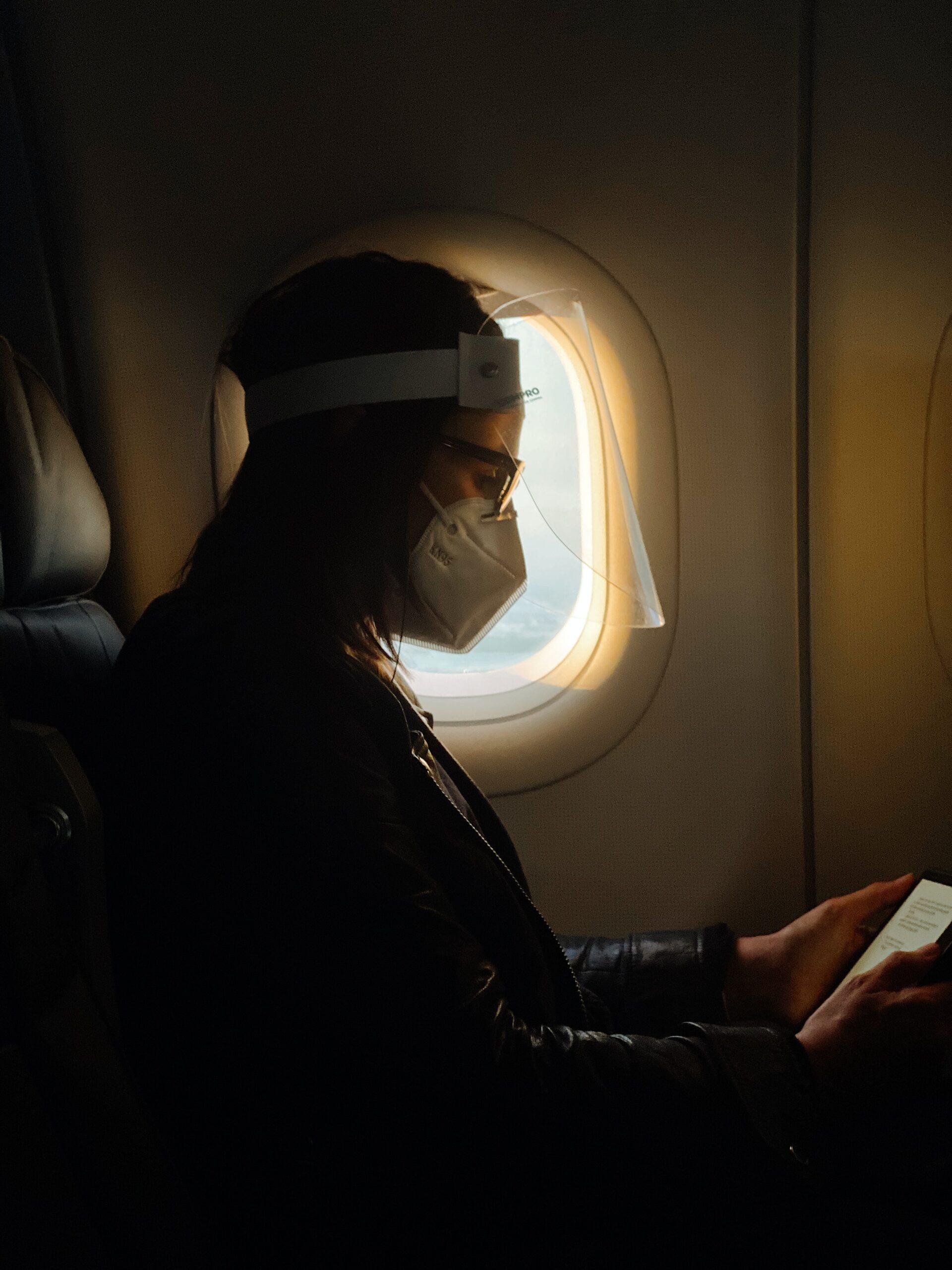
Economics Professor Rob Fairlie spoke with Bay Area television station KTVU about how businesses have fared a year into the pandemic.
Asian-owned small businesses saw an outsized pandemic impact last year
CNBC cited Economics Professor Rob Fairlie’s research in a story about how Asian-owned businesses have struggled to recover since the start of the coronavirus pandemic.
The Ones That Never Reopened: The Pandemic’s Impact On Local Businesses
Economics Professor Rob Fairlie talked with KAZU about the pandemic’s impacts for a story about local businesses that have not been able to reopen.
Shopify’s Secret Weapon Is Thousands of New Business Owners
Economics Professor Rob Fairlie was interviewed by The Wallstreet Journal about e-commerce trends and the risks of business startup failure during the pandemic.
Kamala Harris: The exodus of women from the workforce is a national emergency
Vice President Kamala Harris’s recent op-ed for The Washington Post cited research by Economics Professor Rob Fairlie that documented closures of women-owned businesses resulting from the coronavirus pandemic.
Female workers could take another pandemic hit: to their retirements
The New York Times cited an article coauthored by economics professor Rob Fairlie that shows how the COVID-19 labor market downturn has disproportionately affected unemployment rates for women, particularly those with school-aged children.
Delivering Insecurity: E-commerce and the Future of Work in Food Retail
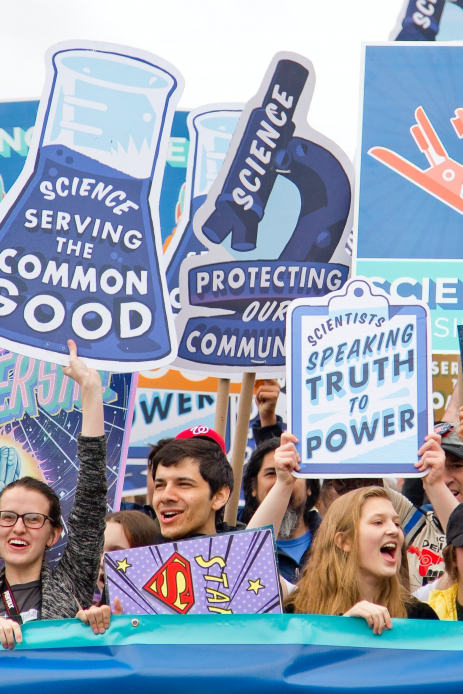
A report by led by Chris Benner, professor of sociology and environmental studies, and UC Berkeley Labor Center and Working Partnerships USA explore the growth of e-commerce sales for food that has increased the number of jobs available at a time when unemployment across the U.S. economy has skyrocketed.
Hidden figures
UC Santa Cruz Economics Professor Rob Fairlie is sounding the alarm about COVID-19’s disproportionate impact on African American/Black-, Latinx-, and other minority-owned businesses, with the aim of addressing the nation’s racial wealth gap.
Is the pandemic making our social skills decay? Psychologists think so
Psychology Professor Craig Haney talked with Salon about how isolation during the pandemic may be affecting social skills.
Rob Fairlie testifies before Congress on inequality in pandemic economic impacts
Rob Fairlie testified before the House Committee on Small Business to share his latest research on the economic impacts of the coronavirus pandemic, including the disproportionate hardships faced by minority-owned businesses.
Guest Commentary | Community can fight COVID-19 by getting flu vaccine
In a guest opinion piece, Associate Professor Rebecca DuBois urged people to get a flu shot to reduce the burden on the entire medical system, particularly in the midst of COVID-19.
How the Coronavirus Got to Donald Trump
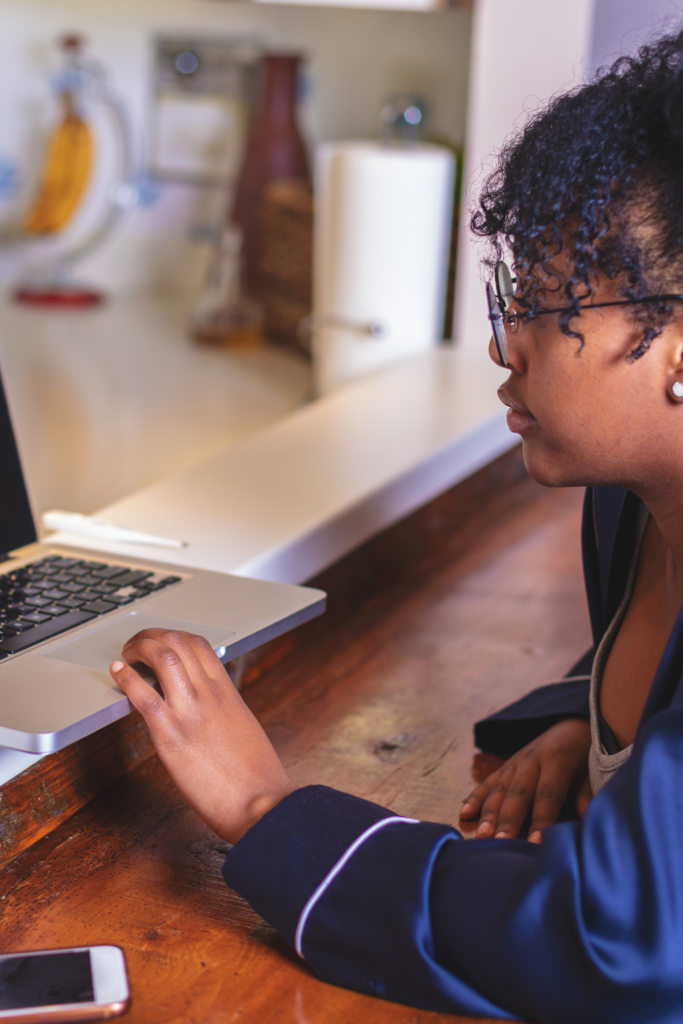
Infectious disease expert Marm Kilpatrick was quoted in a Wired news story about President Donald Trump’s coronavirus infection.
Governor Newsom Signs Bills to Support Small Businesses Grappling with Impact of COVID-19 Pandemic, Bolster Economic Recovery
Economics Professor Robert Fairle’s research on minority-owned businesses for the Census Current Population Survey was cited to support bill AB 1577.
Contextualizing Coronavirus Geographically
This editorial introduces a special virtual issue aimed at providing online access to articles that can contribute to the work of coming to geographical terms with the COVID‐19 pandemic. It outlines seven sub‐themes of enquiry and analysis that appear especially useful for contextualizing coronavirus geographically.
Barbara Ferrer: Advocating for justice through public health
Alumna Barbara Ferrer (Rachel Carson ’78, community studies), director of Los Angeles County’s Public Health Department, is at the forefront of the fight against the COVID-19 pandemic, which has slammed the county of 10 million people.
Prisoners at San Quentin are dying from COVID, and help isn’t coming
Craig Haney, a social psychologist and a professor at the University of California, Santa Cruz who studies incarceration, is quoted explaining the conditions and environment faced by people imprisoned at San Quentin.
Currency and the COVID-19 crisis
Professor Galina Hale co-authored a study on currency-induced external balance sheet effects at the onset of the COVID-19 Crisis.
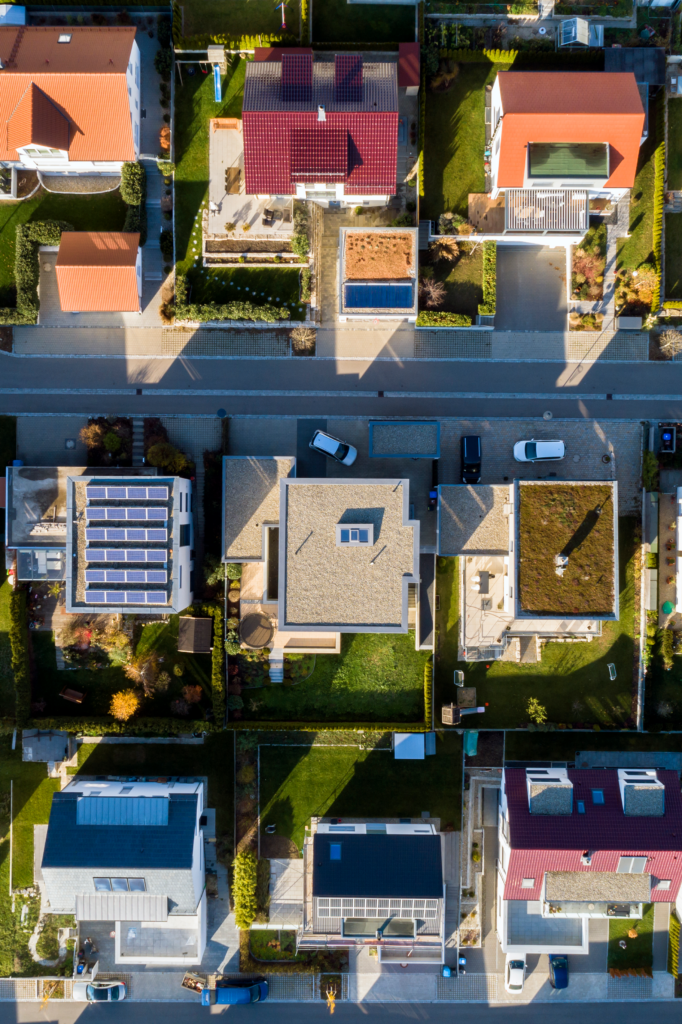
FRBSF Economic Letter: CO2 emissions and COVID-19
Professor Galina Hale explainins the potential side effect from the rapid decline of global economic activity since the worldwide pandemic is a reduction in carbon dioxide emissions.
The Impact of COVID-19 on Small Business Owners: Continued Losses and the Partial Rebound in May 2020
Social distancing restrictions and demand shifts from COVID-19 shuttered many small businesses and entrepreneurs in the first month of widespread shelter-in-place restrictions.
CITRIS UCSC funds new pandemic-related research projects
The campus seed funding program is providing $40K grants for three new projects to address the challenges of COVID-19.
Royal Geographical Society publishes special COVID-19 issue
Matt Sparke, co-organizer of Global and Community Health program, highlights scholarship that contextualizes the pandemic and provides free access to a wide range of previously published geography articles that provide perspective.
Gig workers in San Francisco are mostly people of color and many are immigrants, according to survey
Among the outlets covering the results of a unique survey of gig workers that was led by Chris Benner of Sociology are Tech Crunch, Vice, Science Daily, EurasiaReview, Eater SF, CFI.co, and Broke-Ass Stuart.
Outbreak inquiry

Faculty have developed two undergraduate classes that are focusing on the effects and experiences of the coronavirus pandemic, even while the pandemic is under way. Titled Coronavirus and Community and Living and Learning in a Pandemicene, the courses are being taught, respectively, by Assistant Professor of Sociology Rebecca London and Professor of Sociology Jenny Reardon.
Peruvians cry out for oxygen as coronavirus takes its toll
Economist Kristian Lopez Vargas was quoted on CNN in a story about the impact of the coronavirus pandemic on Peru.
Quarantine Could Change How Americans Think of Incarceration
Psychology Professor Craig Haney was featured in an article in The Atlantic about how sheltering in place might change attitudes about incarceration.
On-Demand and on-the-edge: Ride-hailing and Delivery Workers in San Francisco
Chris Benner, professor of environmental studies and sociology, conducts a new survey of app-based ride-hailing and food and grocery-delivery workers in San Francisco. The research underscores the financial vulnerability of workers in the gig economy—and how the coronavirus has made their plight much worse.
New program advances global and community health
As countries across the globe fight the coronavirus pandemic, UC Santa Cruz is creating a new program that will prepare students and provide research to solve current and future global health problems.
CITRIS Seed Funding program invites proposals for pandemic and disaster preparedness projects

CITRIS is inviting UCSC researchers to apply for research support through its Campus Seed Funding program. For 2020, the program will fund projects focused on providing solutions to issues related to the COVID-19 pandemic and disaster preparedness.
What Happens When More Than 300,000 Prisoners Are Locked Down?
Psychology Professor Craig Haney was quoted in an article by The Marshall Project about the impact of the COVID lockdown on prisoners across the country.
Delivery and ridehailing workers lack critical protections from coronavirus
Preliminary data provides a disturbing snapshot of what app-based delivery and ridehailing workers are confronting with COVID-19, and demonstrates the urgent need for the city and platform companies to take more immediate actions to protect this vulnerable workforce.
Economist Nirvikar Singh joins panel of experts
Professor of economics Nirvikar Singh has joined a panel of experts convened by the government of Punjab to oversee the revival of the state in the midst of the COVID-19 pandemic. The group will draft a plan that will cover short- and medium-term action plans, including a fiscal management strategy and other policy measures designed to revive the state in the aftermath of the crisis.
How to #keepteaching and #keeplearning during a pandemic
Jody Greene, director of the Center for Innovations in Teaching and Learning, is eager—almost desperate—to help her colleagues who are facing the unprecedented challenge of shifting to remote instruction. Greene is on the front lines, hearing the fears and frustrations of faculty and teaching staff who feel overwhelmed by the prospect of redesigning their courses.
The Pandemic Is Not a Natural Disaster

Anthropology Professor Anna Tsing was quoted in an article in The New Yorker about the environmental backdrop of the coronavirus pandemic.
Cómo detener al COVID-19, por Kristian López Vargas y Miguel Núñez del Prado
Kristian López Vargas, assistant professor of economics, penned a Spanish-language opinion piece for El Comercio, the main newspaper in Peru, about how to use mobile technology to improve containment of the coronavirus.
Who Should You Let Into Your Coronavirus Quarantine Orbit?
The Wall Street Journal interviewed Rebecca London, assistant professor of sociology, for a story about how families are figuring out how to stay safe during the coronavirus pandemic.
How (Not) to Evaluate Teaching During a Pandemic
Jody Greene, director of the Center for Innovations in Teaching and Learning, offers her ideas on how academia might rethink and remake its practices of “evaluating teaching effectiveness” during the COVID-19 pandemic, and in the years ahead.
Actually, paid sick leave might not be too expensive for restaurant owners
Politics Professor Matt Sparke was quoted in an article in The Counter about paid sick leave in the restaurant industry.
COVID-19 Video Library
University Forum: V is for Veracity
Metaphors of war and battle in fighting COVID-19, now commonplace, can have their own problematic effects on how we imagine and act in the face of the pandemic. The “us vs. them” imagery that war metaphors promote pulls us away from veracity—“trustworthy truths” that foreground human (and nonhuman) relations and interdependencies. The pandemic provides an opportunity to mobilize veracity for a more just post-COVID-19 future.
ALL-IN: Seizing the Pandemic Portal
Transforming Universities for Community-Engaged Scholarship. A discussion on how we can seize the moment to help transform universities in the post-pandemic world, to be truly powerful partners in co-creating knowledge for justice.
Navigating Stress, Anxiety, and Isolation in the midst of a Pandemic
As we approach 12 months of living with a global pandemic, the stress, anxiety, and for some, the isolation is taking its toll. Join Psychology Professor Craig Haney and UC Santa Cruz alumna Dr. Alison Holman for a discussion about early psychological responses.
Back to school: What Elementary Schools Need to Consider in Re-Opening their Doors
Slugs and Steins event with Professor Rebecca London. As elementary schools reopen after prolonged physical closure due to COVID-19, attention to healing the school community will be essential.
University Forum: The Early-Stage Impacts of COVID-19 on Small Business Owners
What are the disproportionate effects on female, minority and immigrant business owners? These are some of the issues that Economics Professor Rob Fairlie will address.
University Forum: Solidarity Economics for the Coronavirus Crisis & Beyond
Professor Chris Benner discusses how we urgently need to think long term—both about the things that got us into the crisis, and how we can refashion our economy and society as we eventually emerge.
University Forum: The lessons of COVID for global and community health
Featuring Matt Sparke, professor of politics and member of the team at UCSC developing the new global and community health program at UCSC, and Nancy Chen, professor of anthropology.
Threats & Opportunities for Democracy
Frances Moore-Lappé, Jamila Raqib, Vesna Teršelič, and Elizabeth Beaumont discuss COVID-19’s far-reaching effects not only on public health but also on our capacities for democratic politics.
COVID-19 Lightning Talk: Cognitive Development
Professor Su-hua Wang, co-founder of New Gen Learning, addresses the inequality in educational experiences of underserved students.
COVID-19 Lightning Talk: Impacts in Rural Africa
David Park, a graduate student, highlights his joint research findings on the economic impacts of COVID-19 in Liberia and Malawi.
COVID-19 Lightning Talk: Government Responses in Latin America
Sara Niedzwiecki, assistant professor of politics, centers her research in Argentina, Brazil, and Mexico.
COVID-19 Lightning Talk: Agro-food Tech
With funding from the National Science Foundation, professor Julie Guthman delves into how food and agriculture is becoming a popular site of innovation and investment in the midst of the pandemic.
Inequality & Vulnerability in Crisis
Glorene Das, Colin Gonsalves, Manfred Nowak, and Emoke Bebiak explore how, like most crises, COVID-19 takes extraordinarily high demands on those already exposed in society.
COVID-19 and Unemployment
Robert Fairlie, professor of economics, discusses his collaborative research project on the economic impact of COVID-19 on unemployment rates amongst African American and Latinx communities.
COVID-19 and Gig Workers
Chris Benner discusses looks at the impacts of the pandemic on gig workers who are particularly vulnerable during these times.
COVID-19 and the Class of 2020
Steve Owen researches coronavirus’ impact on the graduating class of 2020. This project seeks to understand the economic effects of the pandemic and how it has impacted perceptions of the future.
COVID-19 and Student Research
Rebecca London highlights student research in sociology and the coronavirus. Students will have the chance to be featured in a journal published by the American Sociological Association.
Building Solidarity Economics in the Age of Coronavirus and Beyond
Nnimmo Bassey, Vandana Shiva, and Chris Benner explore how alternative economic frameworks are informing and informed by this moment of the coronavirus crisis.
Women in Global Health – COVID Spotlight
Monika Hauser, Sima Samar, Eva Zillén, and Nancy Chen discuss how women are disproportionately affected the current pandemic.
Water Justice in the Age of Coronavirus and Beyond
Maude Barlow, Robert Bilott, and Andy Szasz explore how pre-existing conditions, polluted waters, and lack of access might make the pandemic worse.


